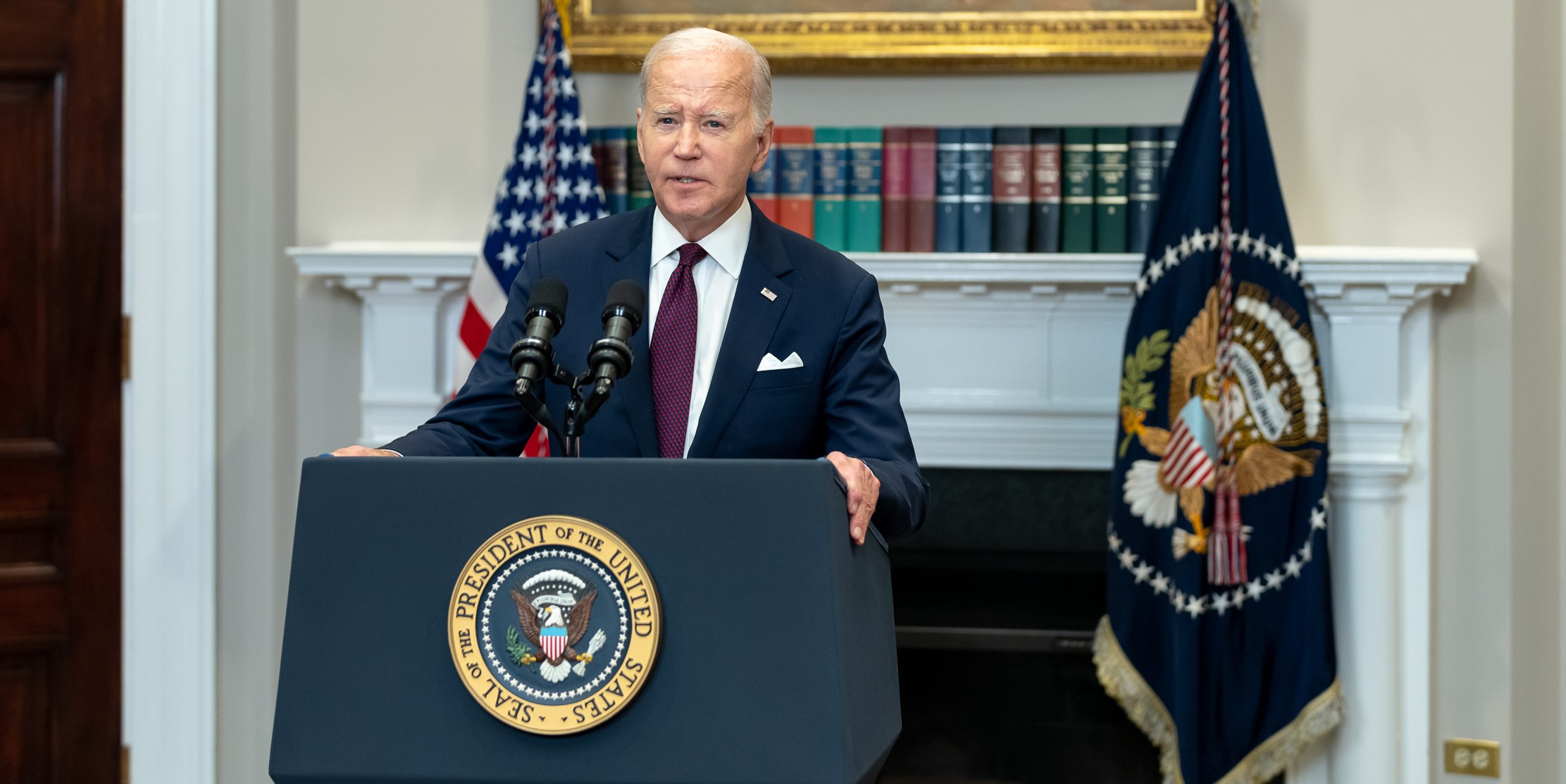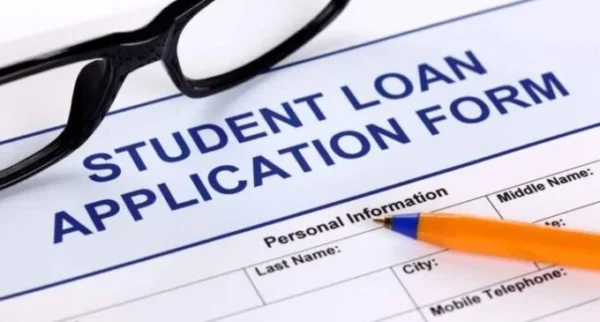International student loans for African students, All African Students is dreaming of pursuing higher education abroad. It opens doors to world-class institutions, diverse cultures, and better career opportunities.
However, the cost of studying overseas can be a major hurdle. Difficulty in paying you fees, How to take care of your daily expenses, and the cost of traveling add up quickly. This is where the support from international student loans for African students plays a major role.
In this guide, we’ll explore everything you need to know about international student loans for African students. From what they are, how to apply, and the best options available, to tips for managing repayment, we’ve got you covered. Let’s dive in!
What Are International Student Loans for African Students?
International student loans are financial products designed to help students from African countries cover the costs of studying abroad. Unlike scholarships or grants, which don’t require repayment, these loans must be paid back over time, usually with interest:
Tuition fees
Accommodation and living expenses
Books and study materials
Travel costs
Health insurance
For African students, these loans are often tailored to meet the unique challenges of studying in countries like the United States, Canada, the United Kingdom, or Australia. Some loans require a co-signer (someone who guarantees repayment), while others are designed specifically for international students without needing one.
Different Kinds of Student Loans Abroad for African Learners
A range of loans is available for African students planning to study overseas. Exploring these options will help you identify the best fit for your situation.
1. Private International Student Loans
Private lenders, such as banks or online financial institutions, offer loans specifically for international students. These loans usually need a co-signer, often a citizen or long-term resident of the country where you’re studying. Examples of popular private lenders include:
Prodigy Finance: Offers loans to international students without a co-signer, focusing on postgraduate programs.
MPOWER Financing: Provides loans for undergraduate and graduate students, with no co-signer or collateral required.
Sallie Mae: A lender based in the United States that grants loans to international students, requiring a co-signer.
Pros:
Flexible eligibility criteria.
Covers a wide range of expenses.
Available for both undergraduate and graduate programs.
Cons:
Higher interest rates compared to government loans.
May require a co-signer.
2. Government-Backed Loans
Some countries offer government-backed loans to international students, though these are less common for African students. For example, the U.S. offers federal loans like the Direct Loan Program, but these are typically available only to U.S. citizens or eligible non-citizens. However, some African governments or organizations may partner with foreign institutions to provide loan programs.
Pros:
Lower interest rates.
Flexible repayment terms.
Cons:
Limited availability for African students.
Strict eligibility requirements.
3. University-Sponsored Loans
Some universities offer their own loan programs or partner with lenders to provide financing for international students. These loans may have favorable terms, such as lower interest rates or deferred repayment until after graduation.
Pros:
Tailored to students at specific institutions.
May not require a co-signer.
Cons:
Limited to specific universities.
Funds may be restricted to tuition only.
4. Home Country Loans
In some African countries, local banks or government programs offer loans for students studying abroad. For example, Nigeria’s Federal Government Student Loan Scheme or South Africa’s Standard Bank Student Loan may provide funding for international studies.
Pros:
Familiar application process.
May offer repayment in local currency.
Cons:
May have higher interest rates.
Limited to specific countries or banks.
How African Students Can Apply for Loans to Study Overseas
Applying for international student loans for African students can seem overwhelming, but breaking it down into steps makes it easier. Here’s a simple guide:
Step 1: Research Your Options
Start your search with loan providers that cater to African students. Make sure to examine their qualifications, loan rates, and repayment options. Some key questions to ask:
Do I need a co-signer?
What are the interest rates?
Can the loan cover all my expenses?
What are the repayment terms?
Popular lenders like Prodigy Finance and MPOWER Financing are great starting points for African students.
Step 2: Gather Required Documents
Most lenders will require the following documents:
Proof of admission to an accredited institution.
Valid passport or national ID.
Student visa or proof of visa application.
Academic transcripts or certificates.
Financial statements (e.g., bank statements or proof of income).
Co-signer information (if required).
Make sure all documents are up-to-date and meet the lender’s requirements.
Step 3: Compare Loan Offers
Don’t settle for the first loan you find. Compare various loan providers to choose the one with the most suitable terms. Look at:
Interest Rates: Fixed vs. variable rates.
Repayment Period: How long you have to repay the loan.
Grace Period: Time after graduation before repayment starts.
Total Loan Amount: Ensure it covers your needs.
Step 4: Apply Online or In-Person
Most international lenders have online application portals. Fill out the application form, upload your documents, and submit. Some lenders may require an interview or additional verification.
Step 5: Review and Accept the Loan
Once approved, review the loan agreement carefully.Carefully consider the loan’s interest rate, repayment plan, and hidden charges. If everything looks good, accept the loan and follow the lender’s instructions to receive funds.
Top Lenders for International Student Loans for African Students
Here’s a list of trusted financial institutions offering student loans for Africans studying abroad:
1. Prodigy Finance
Best For: Postgraduate students.
Key Features: No co-signer or collateral required, competitive interest rates, loans for 150+ countries, including many African nations.
Eligibility: Admission to a supported university, proof of identity, and financial documents.
2. MPOWER Financing
Best For: Undergraduate and graduate students.
Key Features: No co-signer needed, career support services, fixed interest rates.
Eligibility: Enrolled in a U.S. or Canadian institution, valid visa, and academic records.
3. Sallie Mae
Best For: Students with a U.S.-based co-signer.
Key Features: Flexible repayment options, covers up to 100% of school-certified costs.
Eligibility: Requires a U.S. citizen or permanent resident co-signer.
4. Discover Student Loans
Best suited for applicants with solid credit histories or those applying with a co-signer.
Key Features: No origination fees, cash rewards for good grades.
Eligibility: Enrolled in a U.S. institution, co-signer often required.
5. Local Banks in Africa
SomeAfrican banks, like Nigeria’s Access Bank or Kenya’s Equity Bank, offer education loans for international studies. Check with local financial institutions for specific programs.
Final Thoughts
International student loans for African students are a powerful tool to make studying abroad possible. By understanding your options, comparing lenders, and planning repayment, you can achieve your academic and career goals without financial stress.
Read other related article: Education Loan in Germany for International Students Without Collateral







